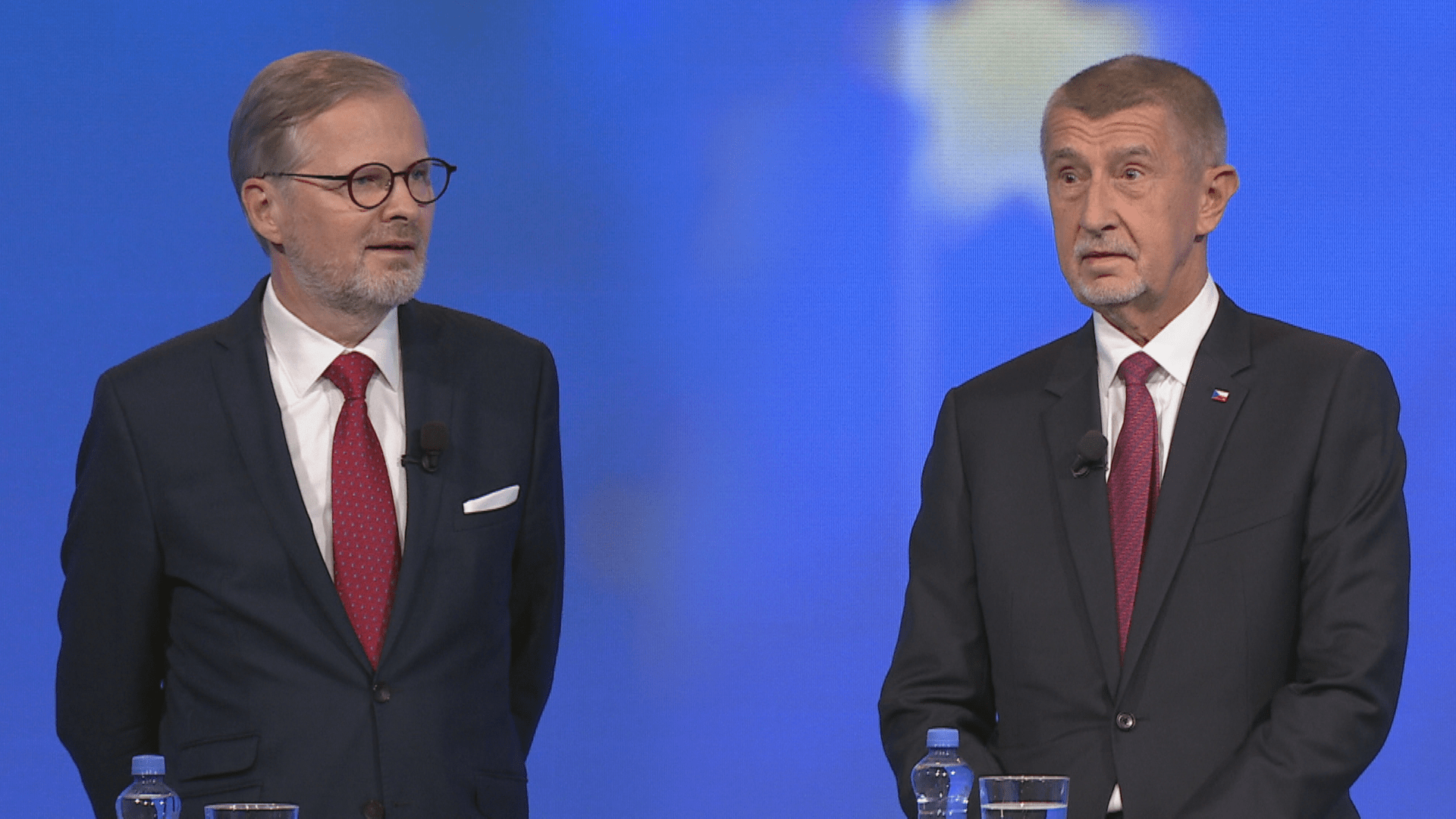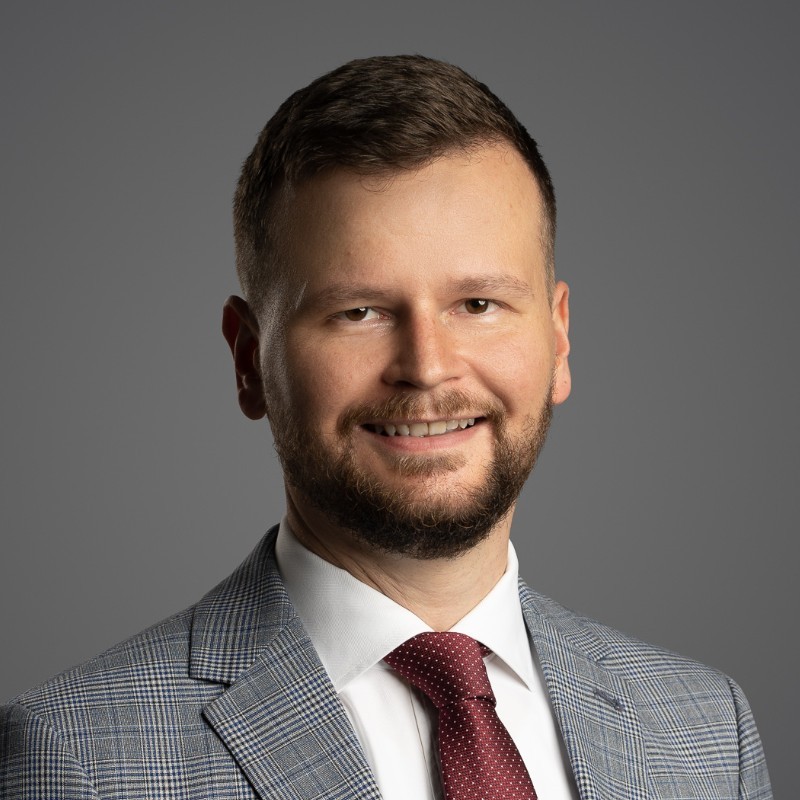
Czech parties divided over public media funding and independence ahead of 2025 election
Czech political parties have unveiled their post-election intentions regarding media and the internet, revealing a deep ideological divide over the future of public service broadcasting. With political communication increasingly shifting towards impactful social media videos, detailed media policies can be difficult to discern. The primary point of contention is the funding model for Czech Television and Czech Radio, with opposition parties advocating for the abolition of license fees in favour of direct state funding, a move government parties warn would compromise media independence.
The strongest opposition movement, ANO, led by former Prime Minister Andrej Babiš, has made the abolition of public broadcasting license fees a central tenet of its platform. Babiš frequently argues that the fees should be scrapped and that Czech Television (ČT) and Czech Radio (ČRo) should be funded directly from the state budget, citing that 17 other EU member states have already abandoned the fee system. More recently, he has introduced the idea of merging the two historically separate institutions, suggesting they could be relocated to a new building and their current valuable properties sold. Experts have expressed skepticism about the potential savings of such a merger, pointing to mixed results from a similar initiative in neighbouring Slovakia.
Conversely, the governing SPOLU coalition (comprising the ODS, TOP 09, and KDU-ČSL parties) views the stability and independence of public service media as a key pillar of democracy. This coalition recently passed a media amendment that increased the television license fee and expanded its application to include devices with internet access. Key figures like Culture Minister Martin Baxa (ODS) have indicated future support for granting the Supreme Audit Office (NKÚ) oversight of public media finances, a constitutional change that has broad political support but was not passed in the current term. SPOLU's program also emphasizes media literacy in schools to combat disinformation and pledges to ensure a safe environment for digital creators and influencers.
The Freedom and Direct Democracy (SPD) party, running in coalition with several smaller nationalist groups, shares ANO's desire to eliminate license fees. Their proposal is to transform ČT and ČRo into state-funded organizations under the control of the Supreme Audit Office. SPD is also vehemently opposed to what it terms as censorship in the fight against disinformation, with MP Radek Rozvoral calling for the repeal of laws that allow for the prosecution of citizens for sharing politically "inappropriate" opinions online.
The Mayors and Independents (STAN) movement, a partner in the current government, supports stable funding for public media as a foundation of their independence. During this term, STAN successfully advocated for the inclusion of the Senate in the election of media council members and for the automatic indexation of license fees to inflation. Their program aligns with other government parties in wanting to grant the NKÚ oversight powers and integrate media education and resilience against disinformation into the national school curriculum.
The Pirate Party frames its support for independent public media as a safeguard against oligarchs controlling the media landscape. While they support NKÚ oversight, they stand apart from their coalition partners by opposing the recent expansion of license fees to internet-connected devices, which they had voted against. Their platform also calls for the abolition of copyright levies on storage media like memory cards and flash drives. The Pirates place a strong emphasis on technology, advocating for the use of AI to streamline state bureaucracy, cybersecurity enhancements, and retraining programs to prepare the workforce for technological change.
The Stačilo! (That's Enough!) coalition, led by the Communist Party of Bohemia and Moravia (KSČM), has presented a platform that calls for both the abolition of censorship and the nationalization of public media. Their political declaration also announces plans to pass a law requiring the registration of "foreign agents" and non-profit organizations. Leaders of the movement have called for the cancellation of license fees, with KSČM chairwoman Kateřina Konečná suggesting a subscription-based model for ČT, but only after the state assumes ownership of its extensive archives and property.
Finally, the Motoristé sobě (Motorists for Themselves) party seeks to repeal the recent media funding amendment. They reject both direct state funding, which they believe would turn public media into a government mouthpiece, and the current "automatic" license fee system. Their program calls for a "more responsible model" and specifically proposes exempting hospitals and social care facilities from the fees. While not seeking to abolish public media, they insist it must be impartial and represent a wider range of views. The party also advocates for systematic state support for the Czech Republic's burgeoning video game industry.

